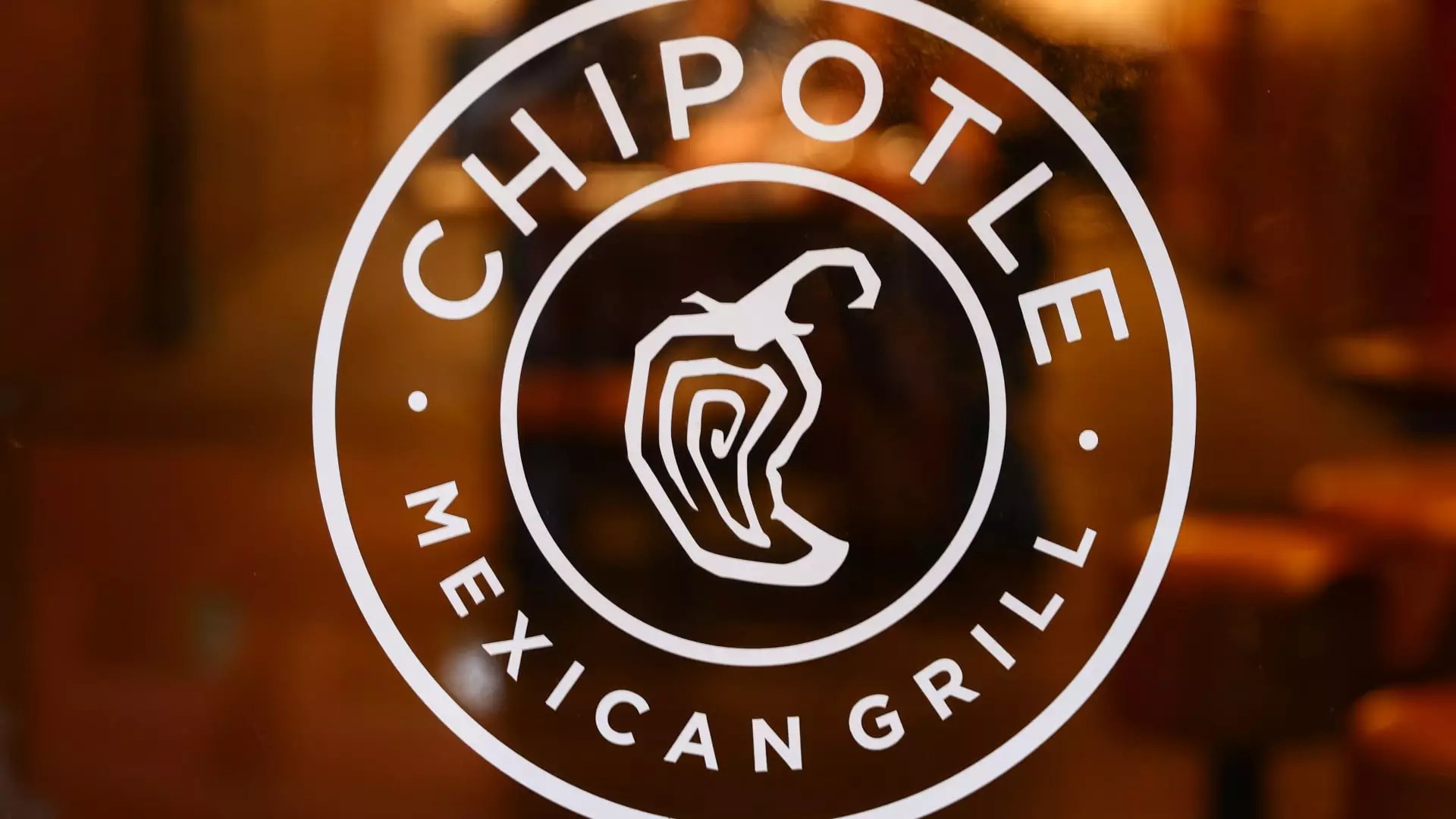The decision by Chipotle Mexican Grill to open its inaugural location in Mexico is an audacious venture laden with potential pitfalls. In an era characterized by strained international relations—especially between the U.S. and Mexico—this expansion feels increasingly risky. The ongoing trade disputes and tariffs, particularly concerning agricultural imports like avocados, cast a long shadow over the restaurant’s ambitions. In a country steeped in rich culinary traditions and local pride, will an American chain actually resonate, or will it be seen merely as another cultural imposition?
Misreading the Market
Chipotle seems to operate under the assumption that Mexican consumers will embrace its menu, given their penchant for fresh ingredients. However, this could overlook the nuanced preferences and sophisticated palates that characterize Mexican cuisine. Past failures of chains like Taco Bell in Mexico, despite their American branding, reveal a fundamental misunderstanding of the local food culture. The risk is that Chipotle’s offerings may fall flat against authentic Mexican fare, leading to disillusionment among both consumers and investors.
The Competition at Home
Mexico has a vast and thriving food scene, with local restaurants that are deftly attuned to the tastes and preferences of their clientele. These establishments are not merely competitors; they represent a formidable barrier to entry for any foreign brand. Chipotle’s entry into this saturated market could face fierce resistance not only from established players but also from the country’s beloved street food vendors. The danger lies in overestimating the allure of an Americanized brand in a market that is fiercely protective of its culinary heritage.
The Financial Gamble
Investing in international expansion always carries financial risks, especially when navigating the complexities of local economies and fluctuating consumer behaviors. The partnership with Alsea introduces additional vulnerabilities since the partnership must successfully establish and maintain the brand identity in Mexico. The stakes are high—if the first restaurant fails to capture the Mexican appetite, Chipotle risks sullying its reputation, negatively impacting not just its Mexico strategy but its global brand image.
Rethinking the Strategy
While Chipotle prides itself on its commitment to fresh, wholesome ingredients, the reality of international business calls for a reevaluation of their approach. Instead of trying to push a singular vision of Mexican cuisine onto a market that already has deeply rooted culinary traditions, a more adaptable strategy might be called for. Collaborating with local chefs to create a unique menu that honors authentic Mexican flavors could provide a fruitful pathway toward acceptance and success, mitigating the risks of cultural miscalculations.
By launching a venture into the heart of its namesake culture, Chipotle finds itself treading a fine line between opportunity and hubris. The next year will not only test its business acumen but could serve as a litmus test for foreign brands attempting to thrive in an intricately woven cultural tapestry.


Leave a Reply